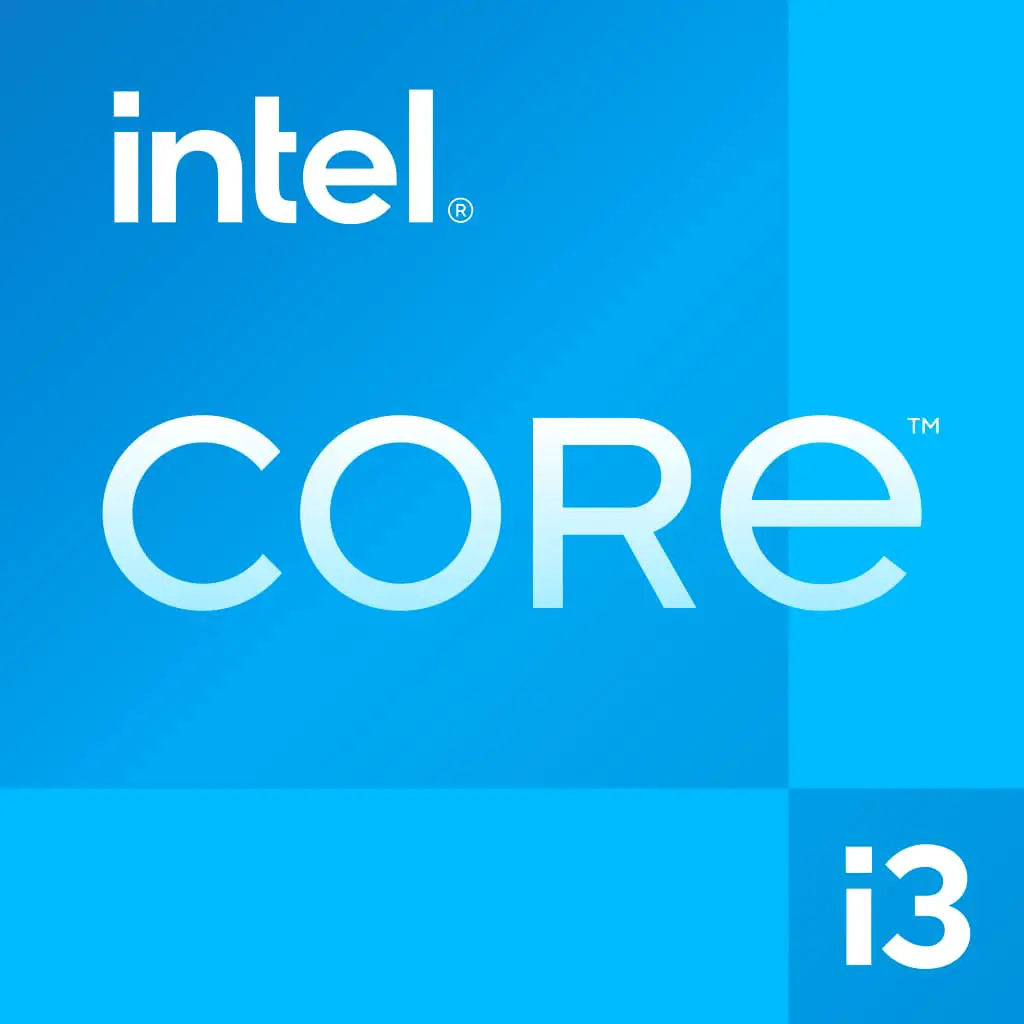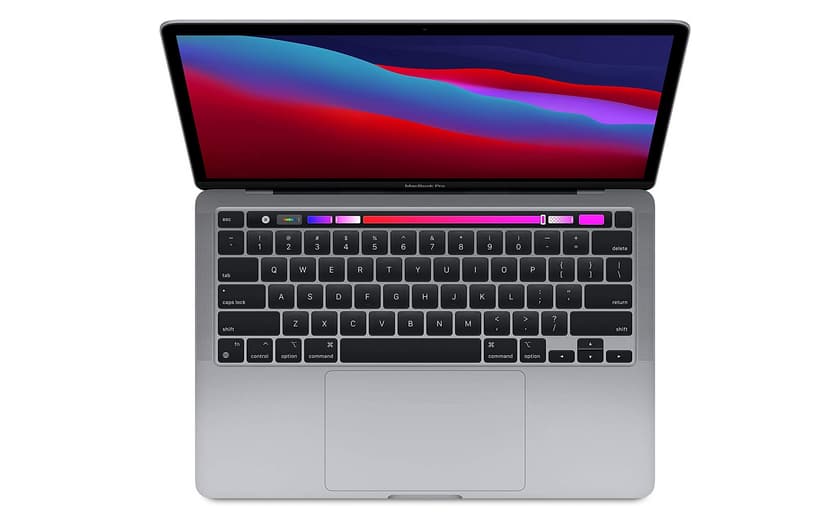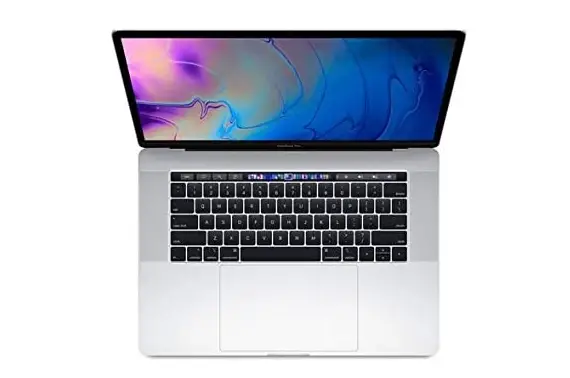You can use Linux as a desktop and server operating system. As there are more than 300 Linux distributions, novices and professionals in various industries/fields can use Linux in their workflows.
For that reason, programmers, too, beginners or pros, can use Linux when writing code for their programs. As a programmer, I have used Linux in many of my programming workflows, and I can say, Linux is the best OS.
Having used Linux for more than 4 years, why is programming better on Linux?
Programming is better on Linux because it offers a versatile and fast development environment. Linux runs smoothly, allowing programmers to work effectively and quickly. Therefore, Linux increases programmers’ productivity while saving their time. Another reason software engineers love Linux is that it supports almost all of the popular programming languages, tools, and technologies used in programming.
In detail, here’s why I prefer to code on Linux operating systems such as Ubuntu, CentOS, or Kali Linux:
1. Linux is one of the fastest operating systems
Linux is very fast.
It owes its speed to its lightweight kernel that does not have bloatware applications that may lag the operating system. Compared to other operating systems such as Windows, Linux has very minimal bloatware applications.
Besides, Linux has a very organized file system that further improves its speed and performance.
For that reason, Linux allocates most of the computer resources to the essential applications needed for a programmer’s development environment, applications, and programs they develop.
I have been using Linux for a long time. I can say that tasks such as code writing and editing, code debugging; program execution; simulation, e.t.c, run smoothly on a Linux operating system.
2. Linux supports almost all of the popular programming languages
If an operating system does not support the most commonly used programming languages, it is useless to a programmer.
Fortunately, Linux supports almost all popular programming languages, including JavaScript, Python, Java, C++, PHP, Go, e.t.c. Besides its support, Linux offers one of the easiest ways of setting up and using these programming languages in your system.
3. It is easy to set up programming languages and tools on Linux
Linux has an apt package manager that allows installing and upgrading applications from the distro’s repositories/pool. Besides, you can access other package managers, such as snap package manager, which you can use to install libraries and packages from third parties.
It is very easy to install or upgrade applications on Linux using apt or snap package managers.
For example, here are the commands you may use to install the latest Python version in your Linux system.
Open the Terminal by pressing CTRL + ALT + T or search the Terminal app in your app list. Type the following and press Enter.
sudo apt update
sudo apt install python3That’s it. You can start using Python 3 on your system.
4. Linux offers the superior Linux Terminal
The Linux Terminal gives you all the power/superuser rights to interact and manage computer resources at the lowest levels. It provides a text-based interface that you can use to run commands such as ping, trace, mkdir, cd, mv, cp, grep, e.t.c. Besides, you can access and use applications that are native to Linux using the Terminal.
For example, g++ is a very powerful C++ compiler. To access it, you just have to open the Terminal and type:
g++ filename.cppWhy is Linus Terminal better than Windows command line?
Due to its low-level access to resources, Linux Terminal runs much faster compared to the Windows command line.
5. Linux supports the popular applications, tools, and compilers used in a development environment
Besides the ease of setting up programming languages and tools, Linux offers most of the commonly used tools and applications used in a development environment.
Linux supports IDEs, code editors, compilers, design tools, e.t.c, used in programming. Some of these are Visual Studio Code, Sublime text, PyCharm, Android Studio, Gimp, Inkscape, e.t.c.
Besides, Linux supports document editors such as WPS, which you can use to write and edit your documents, create excel sheets, and design your presentations.
6. Applications run very smoothly and fast on Linux
You will hardly face app crashes or freezes on Linux because it runs very efficiently. Linux deploys one of the best resource usages that shuns running too many background services and applications.
Thus, all the memory and CPU resources are directed toward the tools programmers use to develop their applications. This translates into fast-responding applications that make tasks such as code debugging, code compilation, and program execution very fast.
7. Linux is a very stable operating system
Linux stability ensures you have a 99.9% uptime guarantee. Besides, you will hardly require constant rebooting whenever you update the system, install new applications, set up a new programming language, or uninstall some drivers/utilities.
8. Linux is a very reliable operating system.
Linux offers unmatched uptime, allowing you to work anytime without any inconvenience.
Linux reliability is critical when you have web applications that require 99.9% uptime availability or are real-time. These applications can be collaboration software, real-time monitoring systems, websites, e.t.c.
As programmers develop web solutions, knowing that Linux offers an unmatched uptime guarantee gives them peace because they do not have to worry about downtimes.
9. Linux offers one of the most secure development environment
Besides stability, Linux offers the best security for your program files and personal documents. Linux deploys enhanced inbuilt security. The Linux kernel has security features that hinder unauthorized file/binary execution. Also, the Linux security functionality enhances file and folder access, permissions, and grouping. The strategy further improves privacy and security by ensuring that the three levels of security in Linux are achieved.
The three levels of security in Linux are:
- Read access
- Write access
- Execute permissions
Due to the three levels of security implemented, Linux systems are hardly compromised by malware, such as viruses and worms.
Thus, you do not have to incur extra costs in purchasing Antivirus software.
10. Programmers love the power that Linux offers them
Programmers love Linux for its power to access and interact with hardware resources at the lowest levels without compromising security.
Besides, Linux offers more freedom to programmers because it allows customizations. Thus, programmers can tweak their Linux systems to their liking without being hindered by the OS, as in other operating systems such as Mac or Windows.
Linux has extensive configuration capabilities that programmers can exploit and tweak the operating system to their liking/needs.
11. Linux allows programmers to work productively
A machine running on Linux performs much faster than on other operating systems. Linux’s speed, versatility, and stability allow programmers to work effectively and quickly. Therefore, saving their time.
As Linux is a very stable operating system, programmers do not have to be inconvenienced whenever an app crashes, the OS freezes, or the computer abruptly switches after doing something.
You do not need to worry about all the above hiccups when using Linux for your development purposes. For the time I have used Linux, I have hardly faced computer freezes, app crashes, or abrupt restarts.
12. Linux is free to use for personal and commercial purposes.
Whether you are using Linux on your PC or deploying web applications developed with Python, JavaScript, PHP, WordPress, e.t.c, Linux is free to use.
Besides, you can customize or develop your own distribution and use it for personal or deployment purposes. For example, you can use your own customized Linux OS images on Digital Ocean to deploy your software/web solutions.
The good thing is that they are free, provided you pay for the resources used.
You do not need to purchase licenses or activation keys when using Linux. It is free to use and open source.
13. You should never worry about data consumption/usage on Linux
When you are on a budget data subscription or using mobile data, saving it for essential applications should be a priority.
On Linux, you do not have to worry about background updates or unnecessary applications that may consume large amounts of data. Linux doesn’t have applications that run in the background, such as keyloggers (e.g. Cortana) that use data in the background.
Linux allows you to use applications required for your development purposes while limiting other applications accessing the internet access resources. Thus, it saves on bandwidth usage and money.
14. Linux offers easy-to-use distributions for beginner to professional programmers
Linux distributions such as Ubuntu are curated for easier use, making anyone use them. If you are a Linux newbie, Ubuntu is one of the most straightforward Linux distros you may use at first.
Not to say that Ubuntu is not for professionals, but it is highly customizable and can be used for pretty much anything. Besides, Kali Linux is one of the most comprehensive distros for highly specialized programmers that may need additional features offered out of the box.
Kali Linux offers a wide range of tools that experienced programmers can use for their development, testing, and security/penetration testing tasks.
15. It is very easy to find support and helpful resources for common issues
Linux has a huge community where you can find help for the most common problems you may face in your development workflows.
Besides, most of the learning resources such as books, tutorials, and boot camps write and test code in Ubuntu Linux or a distro of Linux.
A lot has been written in forums, blogs, and publications on topics related to programming in Linux.
Common Question
Is it necessary to learn Linux for programming?
Although it is not necessary to learn Linux for programming, a programmer needs to know Linux. The reason is that you will have to use Linux to develop or deploy a software/web solution at any one time.
Fortunately, not much is needed to learn Linux for programming.
You should learn the basics of using Linux Terminal to manage and use resources on a server/PC as a programmer. Thus, you must know the basic commands for performing tasks such as creating and editing files and directories. With that, you are good at using Linux to code.
Conclusion
Programmers can use Linux as a versatile and stable operating system to set up development and production environments. Linux can be used as a desktop and server operating system.
As Linux offers freedom of customization, security, performance, stability, e.t.c, programmers find it better to program on Linux.
If you are not using Linux for your development environment, you are missing a lot of features and freedom.







